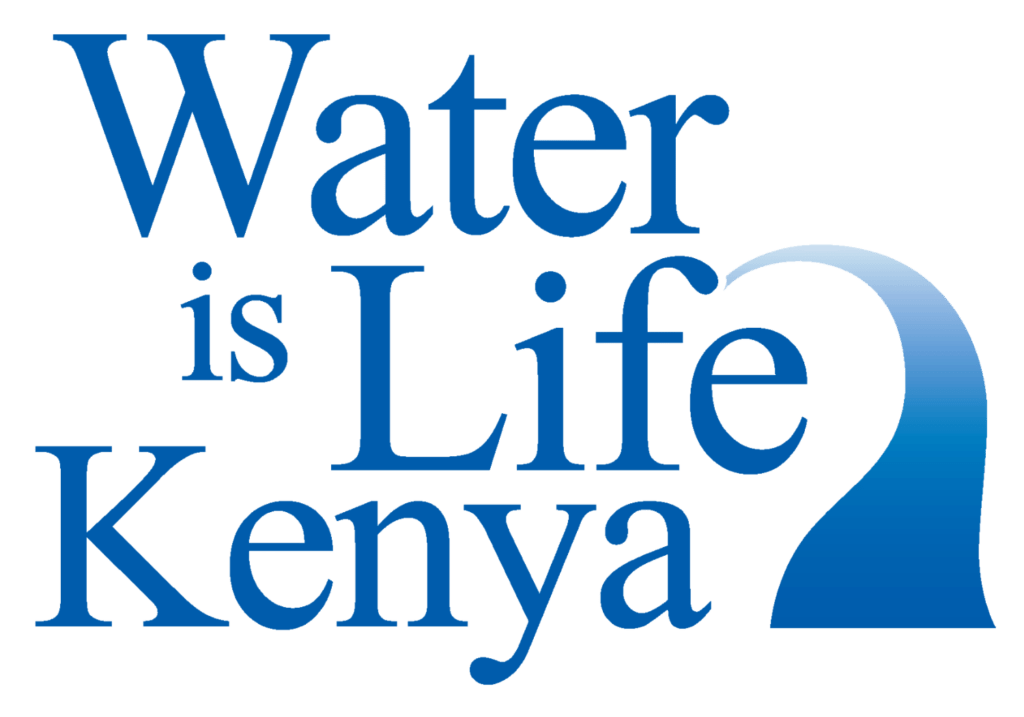Share
WASH Project Statistics
WILK's Comprehensive WASH Project Approach
Assess local water needs: We evaluate the community’s water requirements based on population and environmental factors.
Design sustainable water projects: Our projects are tailored to the technical realities of the region, balancing what the community can manage, maintain, and afford.
Community engagement and cost-sharing: Each family registers as a member of the water project, contributing to its success.
Train Water Management Committees (WMC): We equip the chairperson, treasurer, secretary, and operator with the skills needed to manage the water system.
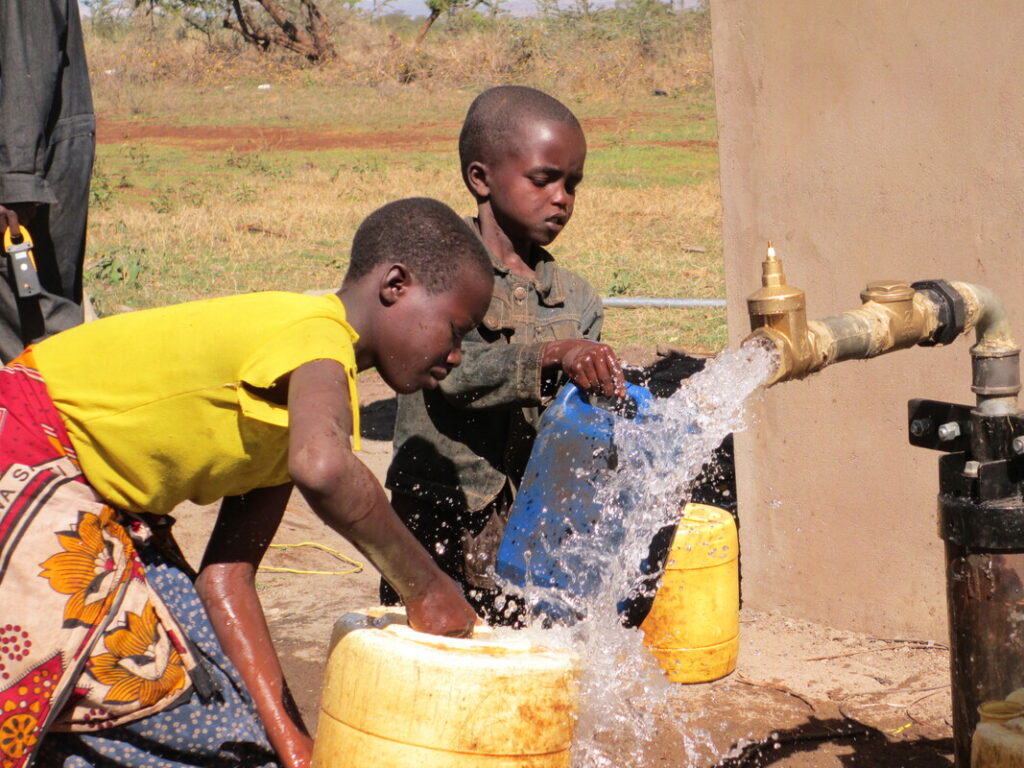
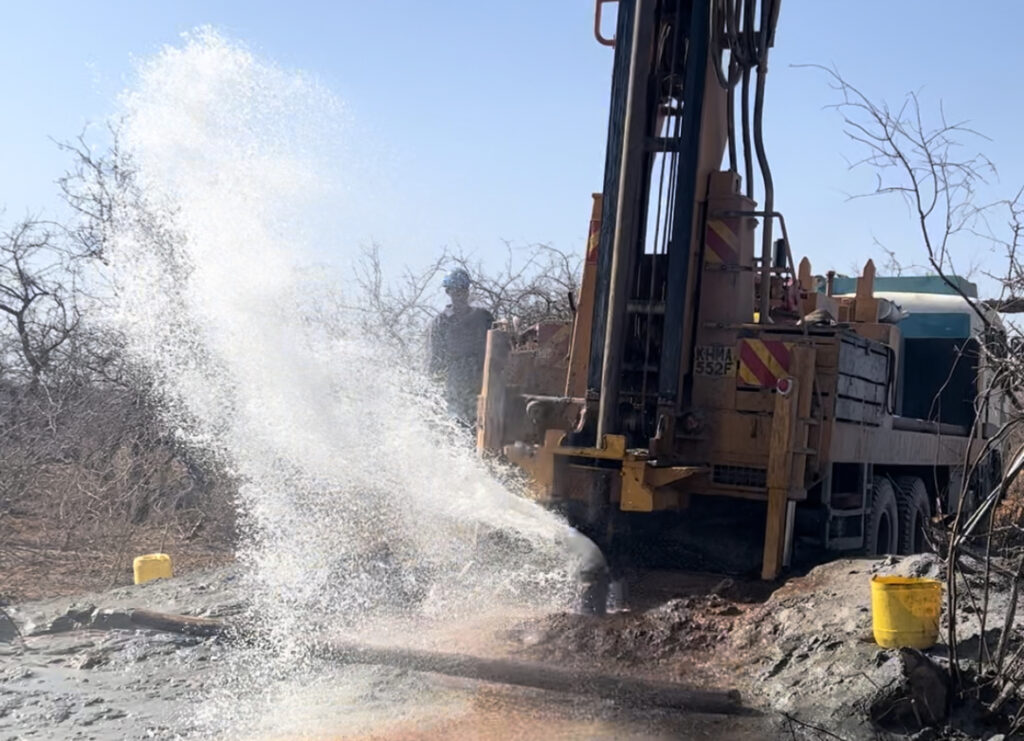
Empower women through WMC involvement: Traditionally burdened by household chores in a male-dominated society, women now have a voice in managing water resources, crucial to their families and livelihoods.
Income-boosting training: We provide Water Project Members with skills that increase household income, supporting long-term access to clean water.
Monitor and support: After project completion, we visit regularly to assess impact, provide additional training, and mentor water management leaders.
Conflict resolution and problem-solving: We work closely with communities to resolve any issues, ensuring the project’s ongoing success.
What Sets Our WASH Projects Apart
While developing these water projects, a part of what we do includes developing the most fundamental resource across every community: people. With new responsibilities, leaders emerge. These leaders are mentored, enrolled in trainings, and supported as they develop skills to solve problems, build consensuses, and resolve conflicts. Though many adult men and women are illiterate, they have innate talents that are enhanced by our management theory. These skills are used to solve other community problems. As leaders teach others what they learned, entire communities are mobilized toward greater development.
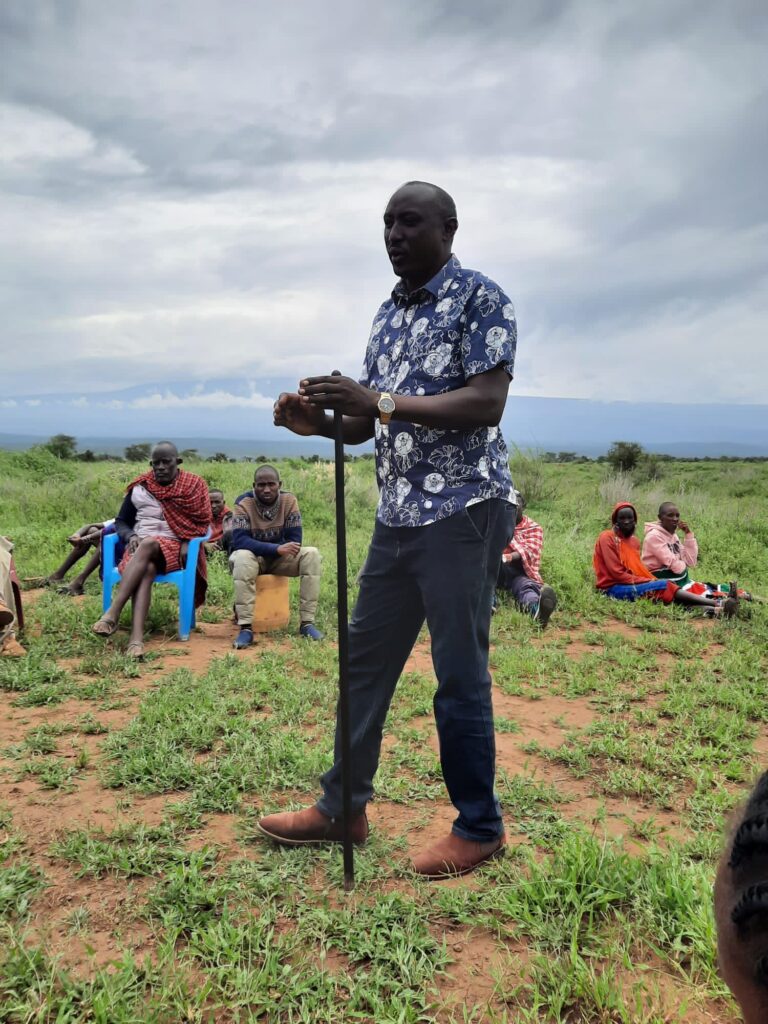
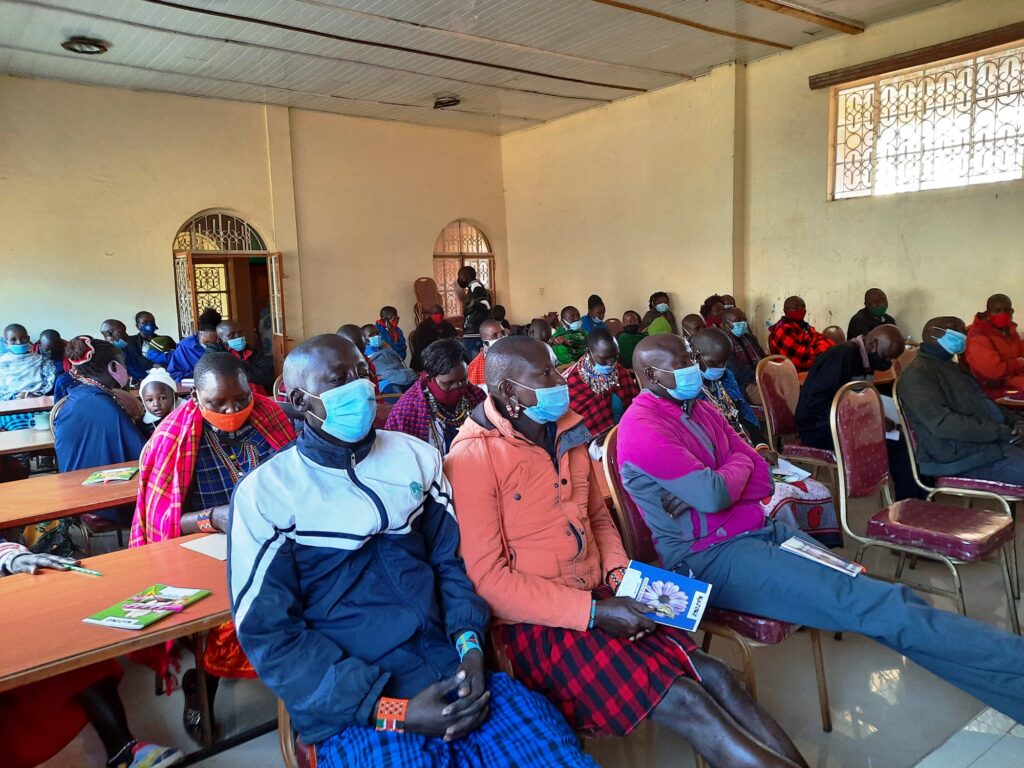
Engaged Community Leadership
We provide annual trainings for WMCs at each borehole, but we stay in contact with these leaders throughout the year. After a project is handed over to the community, we support its leaders as they make difficult decisions.
